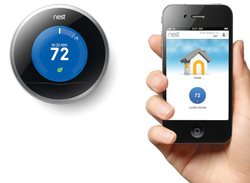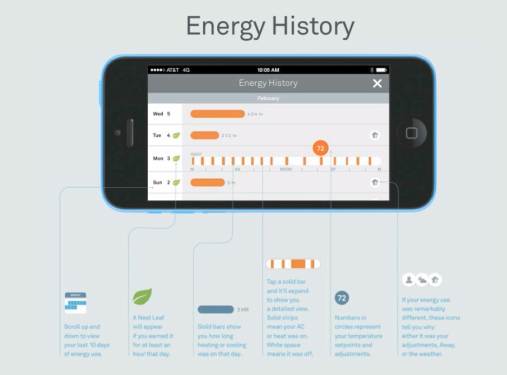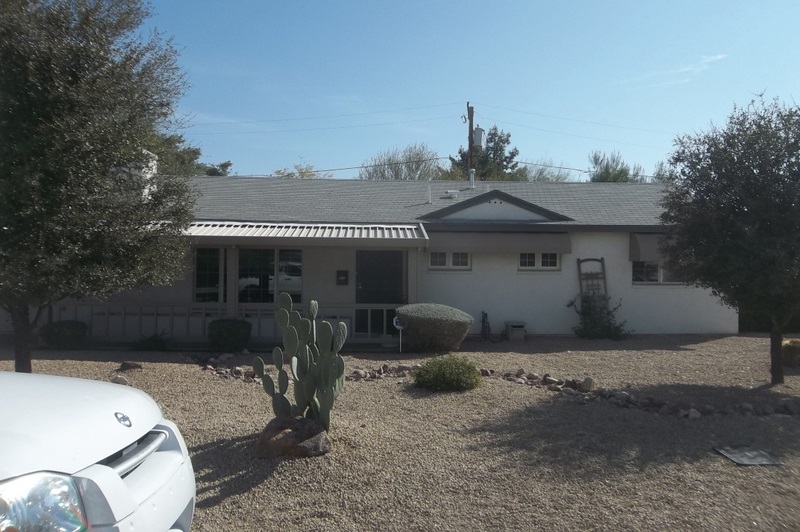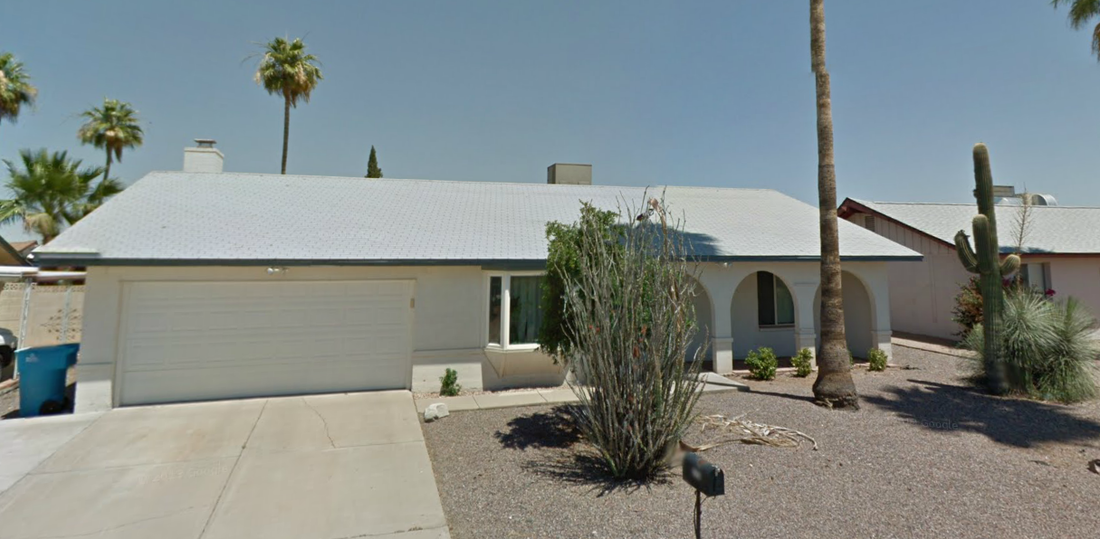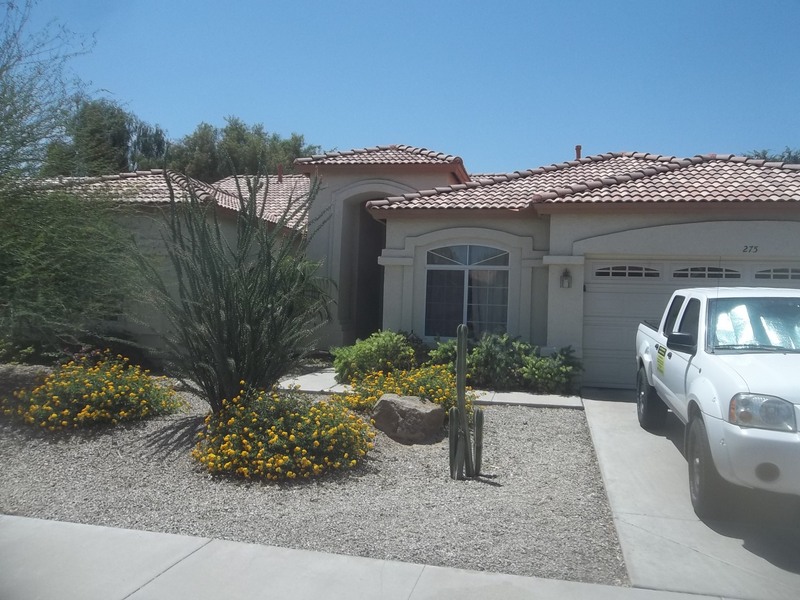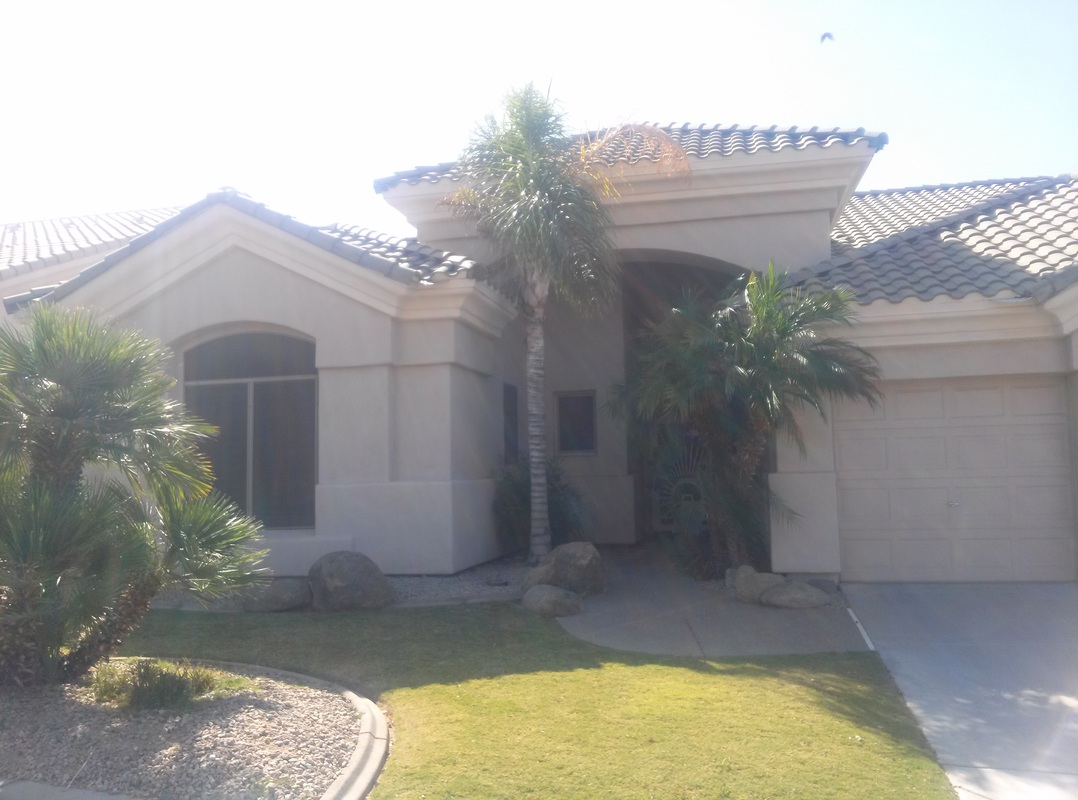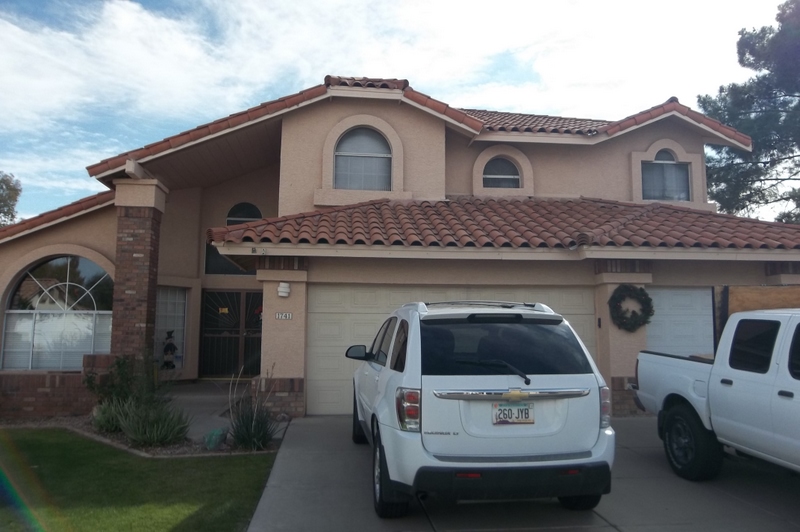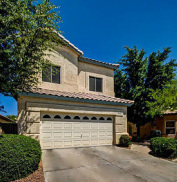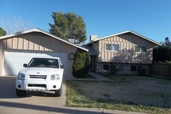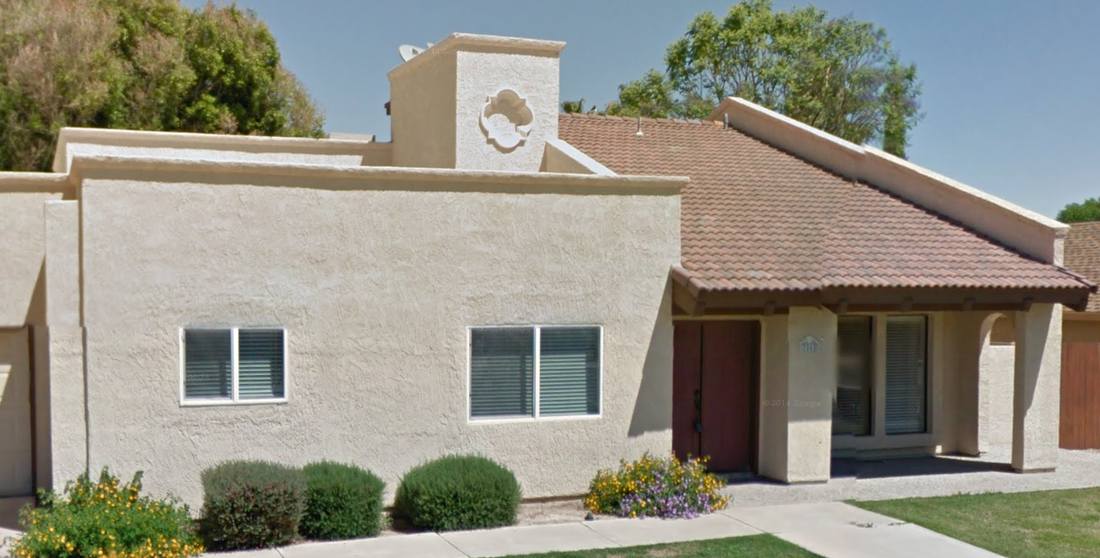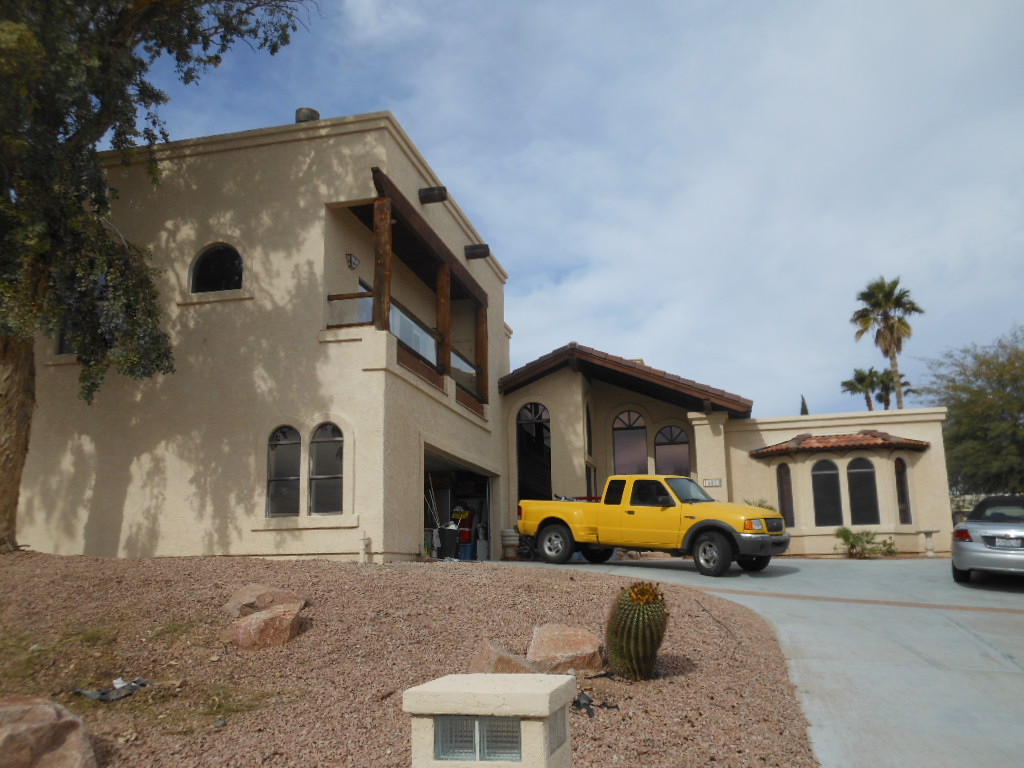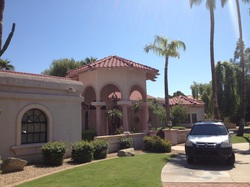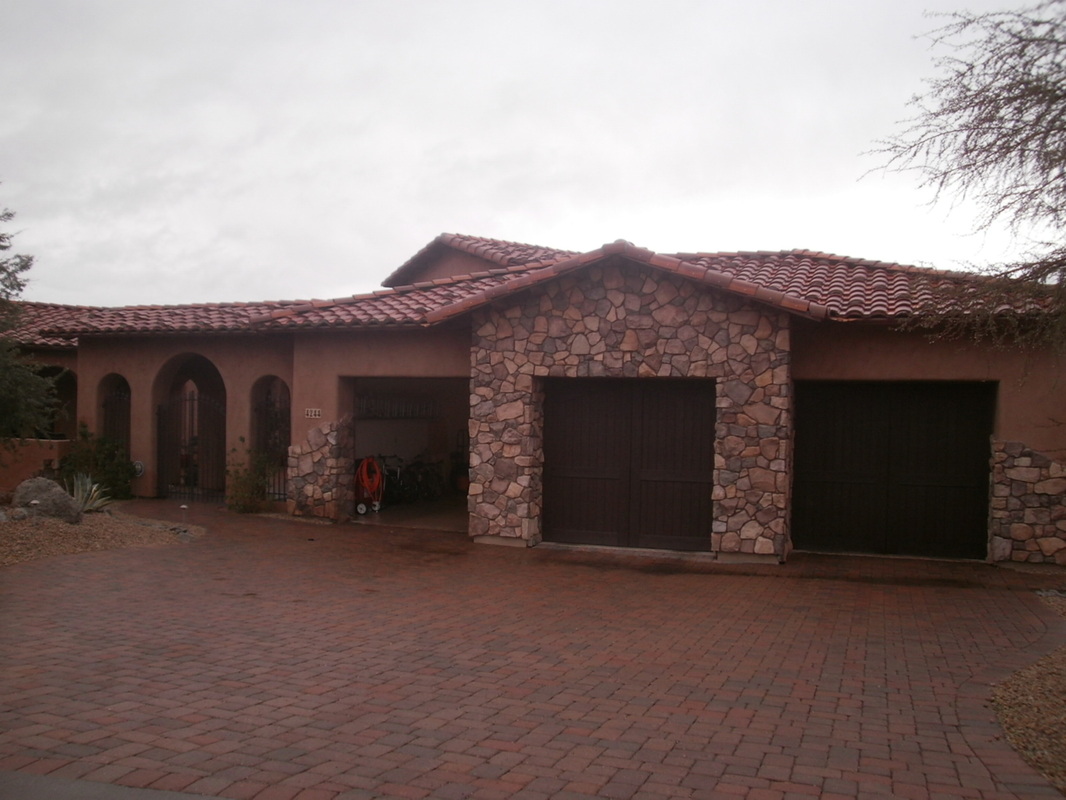Nest Thermostats for Arizona Homeowners. Installation and Top 3 User Best Practices in Phoenix.3/9/2016 As an authorized Arizona Nest installer, Green ID has complied the Top 3 Best Practices and Uses for the Nest Thermostat. In our hot and dry climate, there are specific features the Nest learning thermostat has that all Arizona homeowners should take advantage of for maximum energy savings and comfort in the home. According to the EPA, the average home spends $2200 on their energy bills. In Arizona, about 50% of that usage goes to heating and cooling. Studies have shown that the Nest thermostat saves $145 a year and pays for itself in 2 years. You can estimate your energy savings with the personalize savings calculator found at nest.com/widget/calculator. When you think about how often your smart phone is updated, why wouldn't the same apply for our household items? In fact, with rising energy cost more and more importance is on saving on heating and cooling costs. A properly installed thermostat can save as much as 20% of your energy bills. We like the Nest thermostats because of their intuitive ease of use unlike many of smart wi-fi thermostats in the market today. Instead of properly installing and setting a thermostat, many homeowners just forget about their thermostats like an old treadmill that's never used. Top 3 Best Practices and Uses for the Nest Thermostat1. Love the Air Wave
Air Wave is a feature that turns your AC system into a higher SEER and higher efficient system without the higher initial cost. Air wave continues to run the blower fan once the compressor shuts off to get virtually free cooling without the cost of running the AC system. This "flushes out" all the cool air left in the ductwork once the compressor shuts off that is usually wasted and left sitting in the attic, slowly heating up in the summer. By running the blower fan only after the main system shuts off, you get that additional cooling you are paying for, but without the high cost of running the compressor. 2. Don't Fight The Science Nest will also learn and show you how long it will take to reach a desired set point. This can be useful if you want rapid cooling inside, Nest will show for example, it will take 10 minutes for the home to reach the desired temperature of 77 degrees. If you are really hot and put the thermostat at 70 degrees because you are REALLY hot, Nest may show that it won't cool the home any faster by setting the thermostat lower, the AC will just work harder and use more energy and money because it will run longer. Nest can also remind you when to replace your filters based on the run time of the unit. 3. Energy History Settings You can use the Energy History Settings online to gain some insight to your own energy use. One of the features of the Nest thermostat is the ability to see your daily energy use. By looking at the times when you are in energy saving mode, see if you can find any patterns. Are you in leaf mode from 11-2 pm every Saturday or from 8-3 pm Monday to Friday? If so, maybe you can bump your Nest thermostat up an extra degree during those times via the scheduler. Changing your thermostat by 1 degree can save as much as 5% on your heating and cooling bill. Nest will email a report history every month with monthly comparisons and how many leafs you've earned. Challenge yourself and gamify your Nest thermostat to earn even more leafs. Want more tips on running your thermostat and the best thermostat settings? Here's what the professionals are saying about thermostat settings Nest Energy Savings White Paper https://nest.com/downloads/press/documents/energy-savings-white-paper.pdf Nobody Understands Programmable Thermostats https://nest.com/ca/blog/2015/07/09/new-report-nobody-understands-programmable-thermostats/ Do Thermostat Setbacks Really Save Money? https://www.linkedin.com/groups/1110797/1110797-6102242185099427840 APS and SRP's Time Of Use Plan http://www.greenintegrateddesign.com/blog/should-i-switch-to-aps-and-srps-time-of-use-plan
2 Comments
|
Sign Up For Your Home Energy AuditFIND YOUR HOME TYPERanch HomesSingle Story, Spec HomesTwo Story, Spec HomesTri-Level HomesPre-1990 Custom HomePost-1990 Custom HomeDon't See Your Home? Find Your City Below!Archives
April 2024
Copyright Notice©2009 – 2023
All Rights Reserved |


